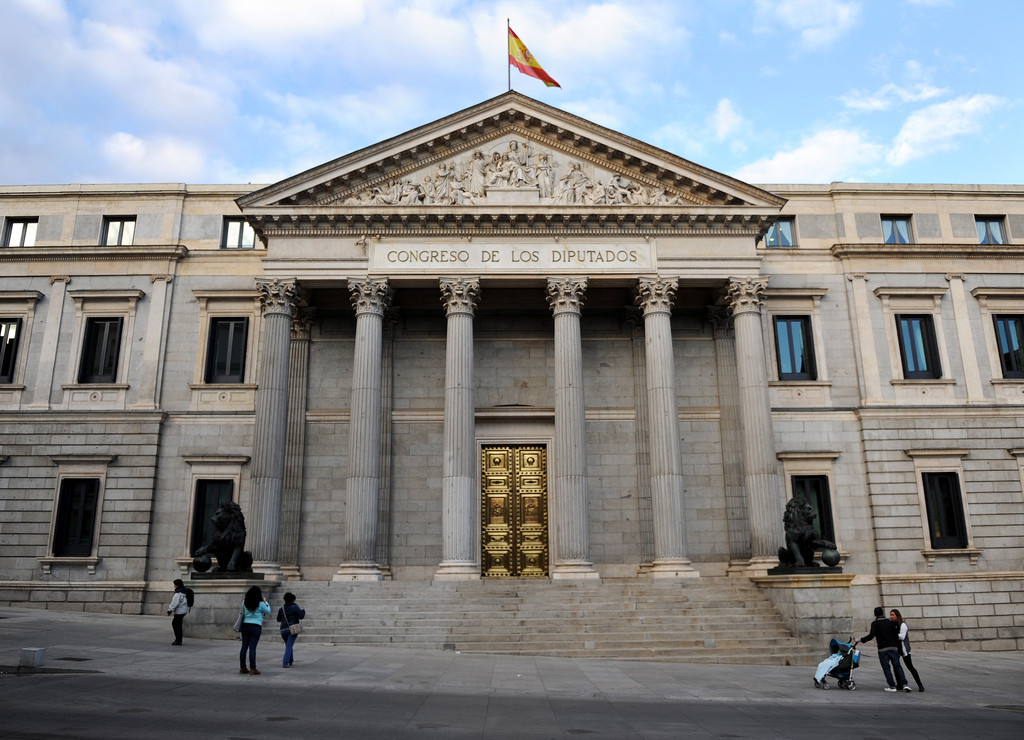




Why allow the right to conscientious objection?
By Maxime Huot Couture, interim director of LWD and Ph.D. candidate in ethics and political philosophy
Technical developments in medicine raise new ethical questions, especially since we have widened its field of intervention not only to healing, but to the very existence of individuals, as for example in the case of euthanasia. In this context, some people put forward the concept of “conscientious objection” to avoid being forced to do acts they disapprove of. However, in this debate, others maintain that the right to conscientious objection is not absolute, since it is the interest of the patient or the “client” that must prevail. In fact, they say, one should not prevent someone from receiving recognized medical services because of the “beliefs”, religious or moral, of health professionals.
Conscientious objection is indeed a right, and an absolute right. The primary reason is that conscientious objection is not, as these critics argue, first and foremost a matter of religious or moral “beliefs”. Consciousness is rather an “internal sense of rectitude”, a conviction that this or that specific action is good or bad. Consciousness is therefore a judgment on the merits, or not, of an action. Thus, the refusal of a health professional to perform a particular act is justified by the conviction that this act is bad for the patient. The healthcare professional does not refuse to act in order to ensure respect for his beliefs, but precisely to ensure the well-being of his patient, since this is the very purpose of his function.
Of course, many health professionals may have different judgments. One of them may be wrong. That is why one cannot simply appeal to the authority of conscience in order to have a right to do this or that. The issue of conscientious objection is different. Rather, it is the right not to do something considered wrong. Forcing someone to act against his or her conscience is an attack on one’s integrity. And who would want to have a doctor without integrity, that is to say a doctor who performs certain actions without thinking that they are good for the patient? It is not beneficial for the patient that his or her doctor is “neutral” and that he obeys all his requests, even if they are bad for him or her. It must therefore be understood that conscientious objection is not a refusal of care, but the offer of different avenues of care, in line with the best judgment of the health professional.
FEB
2020
